ADB-President-Takehiko-Nakao..jpg" />
ADB President Takehiko Nakao.
Yokohama, 11 Sha’ban 1438/8 May 2017 (MINA) – Widening inequalities, urbanization and aging populations are new challenges that Asia-Pacific economies including the Philippines face, according to the Asian Development Bank (ADB) as it marked its 50th year in this Japanese port city.
The challenges are on top of persistent problems of poverty and climate change, ADB president Takehiko Nakao said here yesterday at the opening of the bank’s annual governors’ meeting that was graced by Japan’s Crown Prince Naruhito.
Also Read: Saudi Arabia Wins Bid to Host World Expo 2030
Japanese Deputy Prime Minister Taro Aso also stressed the importance of achieving inclusive and sustainable economic growth and strengthening resilience against various crises. Aso, as Japan’s finance minister, chairs the ADB’s Board of Governors.
Infrastructure development, which incorporates advanced technologies, remains the top priority of the multilateral lender under its new long-term thrust called Strategy 2030, Nakao said in his opening remarks.
ADB vice president for operations Stephen Groff said the bank is “quite encouraged” by the Duterte administration’s “build build build” infrastructure development initiative.
Groff told a media briefing that the Philippines had been underspending on infrastructure in the past years. The ADB thinks “it’s great,” he said, that the government has put forward “a very ambitious plan because the public then holds the government to account on whether it delivers or not.”
Also Read: 148 Products from Indonesia Promoted at Sarawat Superstore Jeddah
Headlines ( Article MRec ), pagematch: 1, sectionmatch: 1
The second priority for ADB lending is the social sector, with funding provided for universal healthcare programs and cross-border initiatives to fight communicable diseases including HIV, tuberculosis and malaria. The ADB is also supporting technical and vocational education and training as well as projects to improve the quality of secondary education.
A third priority is the promotion of gender equality, with projects designed to help women and girls “secure higher skills, better health, more jobs and a larger voice in decision making,” Nakao said.
The fourth priority is support for mobilizing private resources for development. This includes support for public-private partnerships or PPP and direct financing to private companies engaged in solar, wind and geothermal power, ports, telecommunications and highways as well as private sector projects in education, health and agriculture.
Nakao noted that Japan has had PPPs since the 19th century, with the government granting concessions to private companies to set up railways, electricity services and the country’s first gas light, built in Yokohama in 1872 by Japanese merchants and a French engineer.
Also Read: Packaging Industry Supports Halal Ecosystem
The ADB is also committed to support financing through local banks for micro, small and medium enterprises, Nakao said.
Continuing reforms in the ADB is another priority, with procedures streamlined and collaboration deepened with civil society, the academe, the private sector and local authorities.
Aging Asia
ADB officials warned that countries in the region that are not yet feeling the impact of an aging population would eventually face the problem.
Also Read: Indonesia-Japan Agree on Energy Transition Cooperation
“The absolute best time to do that is when your workforce is young and the demographics are favorable,” Groff said.
Aso said the Asia-Pacific had achieved “remarkable progress” since the bank started operations in 1967, becoming “the driving force of the global economy.”
Poverty rates in the region have “dropped significantly” in the past 50 years, Aso noted, despite challenges posed by natural disasters, pandemics, weak infrastructure, food shortages and a currency crisis. He described poverty reduction in the region as “a proud success story.”
“But we cannot be complacent,” Aso said. “Over 300 million people still live in poverty in the region. And the region continues to face threats from natural disasters and pandemics.”
Also Read: Dubai Expo 2020 Holds Special Event for Palestine
He called for greater effort in infrastructure development, a stronger health system, disaster risk management and regional financial cooperation.
Aso urged the ADB to give priority “in principle” to supporting poorer countries while remaining engaged with the region’s upper middle-income economies.
“Japan remains firmly committed to working hard for the development of the Asia-Pacific region, in close cooperation with the (ADB),” Aso said.
Akihito had a similar message, expressing hope “that we can together build Asia’s prosperity.”
Also Read: Indonesia Increases Excise on Tobacco Products by 2022
Japan is the largest contributor to the ADB, with the Japan International Cooperation Agency providing a $1.5-billion equity investment in a newly created trust fund called LEAP, or Leading Asia’s Private Infrastructure.
New swap scheme
The other day, Japan proposed a new Bilateral Swap Arrangement with members of the Association of Southeast Asian Nations (ASEAN). Under the proposed BSA, Japan is making available up to four trillion yen, which can be withdrawn in yen, to address short-term liquidity problems and enhance financial resilience in Asia.
Japan made the proposal at a meeting here of Japanese and ASEAN finance ministers and central bank governors. Japan is one of the co-chairs of the ASEAN + 3 Financial Cooperation Process. ASEAN + 3 also includes China and South Korea.
Also Read: Indonesia to Become the Center of Sharia Economy in 2024
The finance minister and central bank governors reaffirmed their commitment to regional financial cooperation, “open and rules-based” multilateral trade and investment systems and promoting “sustainable, balanced and inclusive growth.”
They agreed on a “Yokohama vision” guided by a more resilient and integrated ASEAN + 3. Among other things, the Yokohama vision promotes the use of local currencies for intra-regional trade and supports the development of local currency bond markets.
The 50th anniversary of the ADB coincides with 20 years since the Asian financial crisis devastated several economies. Next year, the ADB governors’ meeting will be hosted by the Philippines. (T/RS5/RS1)
Mi’raj Islamic News Agency (MINA)
Also Read: Indonesia to Host World Tourism Day 2022





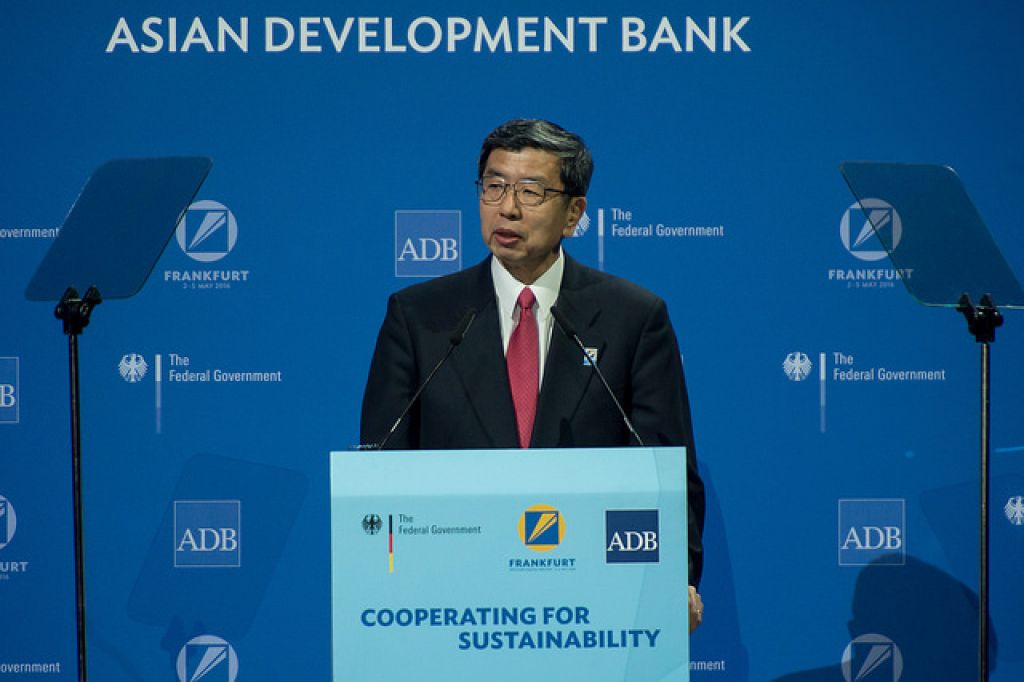



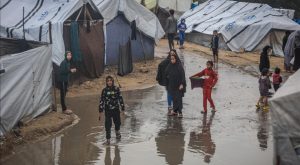

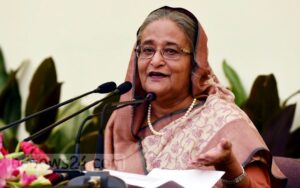




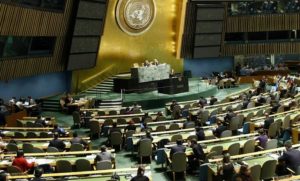

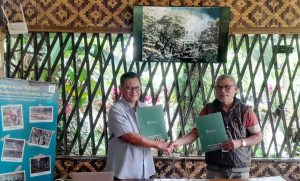

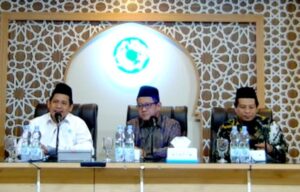










 Mina Indonesia
Mina Indonesia Mina Arabic
Mina Arabic